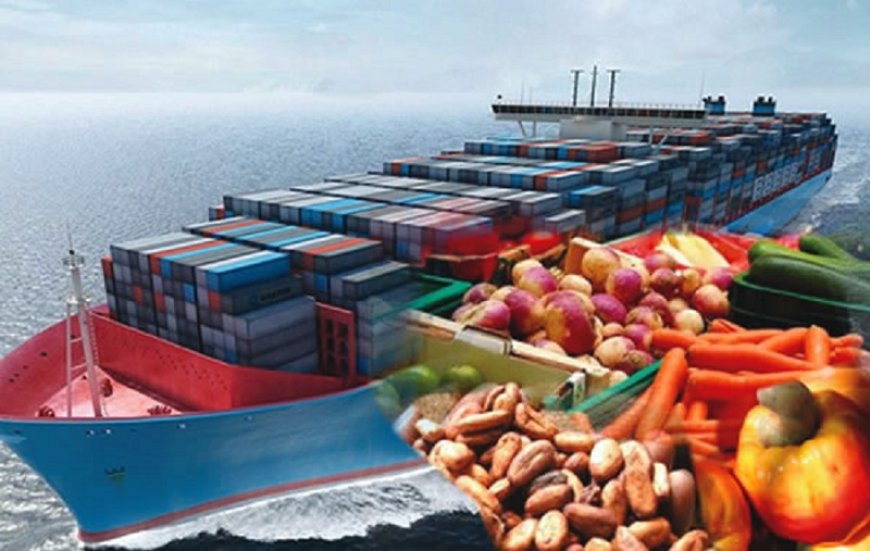Nigerian manufacturers to shift 4% import levy costs to consumers, warn of higher inflation

The Manufacturers Association of Nigeria (MAN) has warned that Nigerians may soon face higher prices for goods following the Federal Government’s decision to reintroduce a 4% Free-on-Board (FOB) charge on imports.
The group in a statement signed by its Director General, Segun Ajayi-Kadir, said the policy, which took effect August 4, 2025, will worsen the operating environment for manufacturers, raise production costs, and fuel inflation.
“In fact, costs associated with the 4% FOB charge will generally increase the import cost of raw materials not available locally above the N6.6 trillion recorded in 2024.
“Clearly the cost will be passed on to consumers and this will fuel inflation, which already stands at 21.88% as at July 2025, and undermine the prevailing struggle with high inflation,” MAN stated.
Inflationary pressure looms
MAN cautioned that the additional costs will inevitably be passed on to consumers, fueling inflation at a time when the rate already stands at 21.88% as of July 2025.
“Clearly, this will exacerbate the prevailing struggle with high inflation,” the association warned.
- It noted that manufacturers are already grappling with tough macroeconomic conditions, including exchange rates above N1,540/$, alternative energy costs of over N1.1 trillion, and interest rates averaging above 35%.
- The group also flagged concerns over Nigeria’s regional competitiveness. It pointed out that peer economies such as Ghana, Côte d’Ivoire, and Senegal maintain inspection or collection fees in the range of 0.5%–1% FOB, with higher levies restricted to luxury imports.
- A uniform 4% levy in Nigeria, MAN argued, risks encouraging cargo diversion to neighboring ports, promoting informal cross-border sourcing, and incentivizing under-declaration of imports.
Customs platform failures worsen situation
Beyond the levy, MAN criticized persistent glitches on the Nigeria Customs Service (NCS) B’Odogwu platform, which have stalled cargo clearance, increased demurrage for importers, and led to factory stock-outs.
The association lamented that the NCS did not adequately engage stakeholders before introducing the new charge, causing further uncertainty in the sector.
- The association urged the Federal Government and the NCS to suspend the 4% FOB charge until December 31, 2025, to allow for a full impact assessment and stakeholder consultations.
- In the interim, it recommended retaining the current 1% CISS + 7% collection fee structure, which it says balances revenue needs with industrial competitiveness.
“The Nigerian manufacturing sector is struggling and shrinking. Introducing an additional blanket levy at this time is not only anti-industry but also runs contrary to government’s industrialization and diversification agenda,” it said.
Backstory
The Comptroller-General of Customs (CGC), Adewale Adeniyi, had recently announced that the Nigeria Customs Service will replace multiple import-related levies with the single 4% FOB charge under a new revenue structure.
According to CGC Adeniyi, the unified 4% FOB charge will eliminate the existing Comprehensive Import Supervision Scheme (CISS) and the 7% cost of collection levied on importers.
He explained that once the new policy takes effect, importers will only pay the 4% charge upfront, and no additional levies will be applied.









